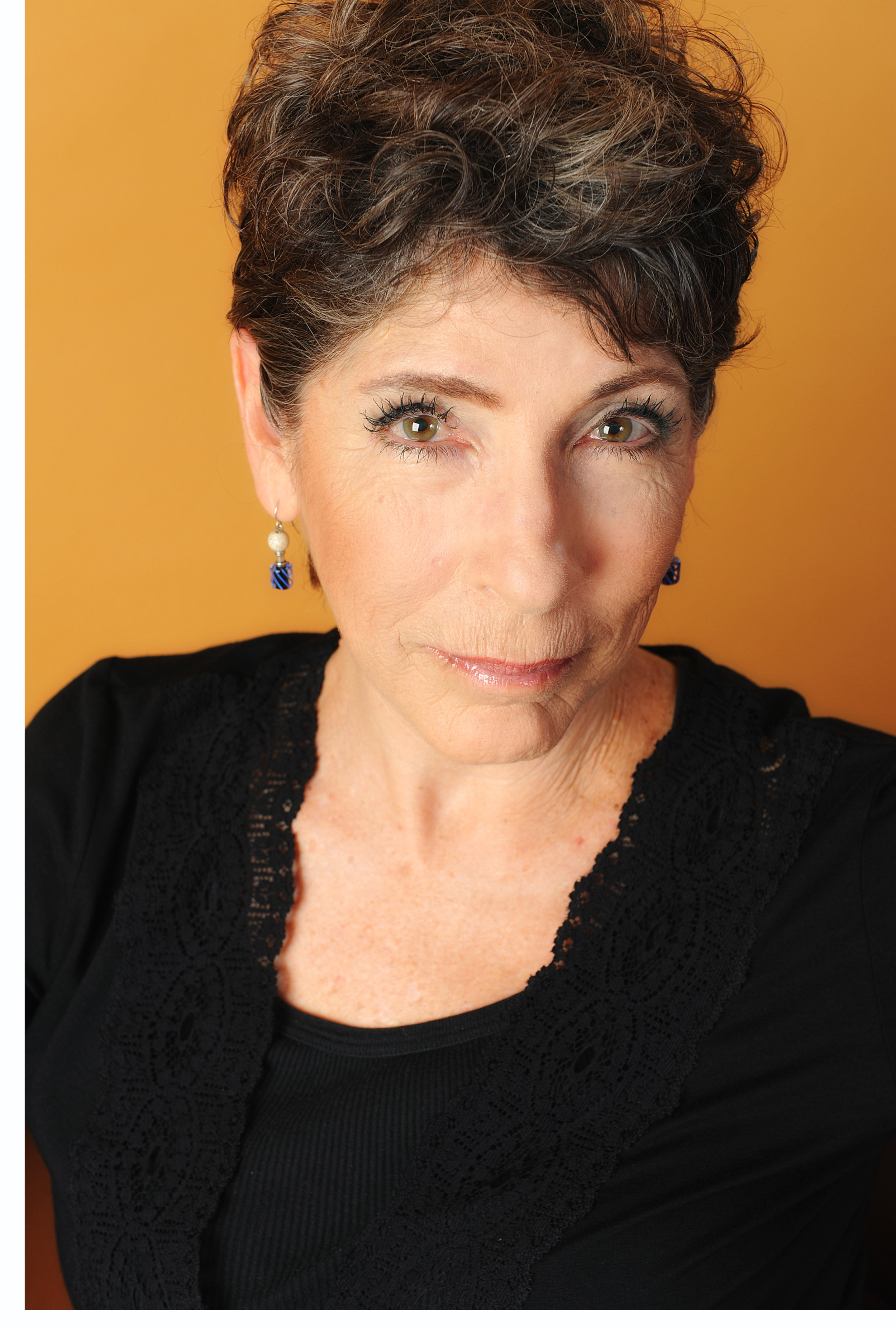Doing The Difficult Thing
I am away from my desk this week, and so the blogging duties will be handled by novelist, essayist, and all-around swell person Joan Frank.
 I know certain people whose driving concern, over the years, has been to keep themselves comfortable.
I know certain people whose driving concern, over the years, has been to keep themselves comfortable.
They are, in classic terms, fussers. Habits of health, food, props and toys, plans and logistics—the list never ends—all must be finessed and re-finessed, parsed and parsed again. Every choice is governed by one need: greater ease.
The prospect of travel stumps such individuals. Travel’s a crapshoot, sometimes slipping out of our control. Control, for Americans, is a throbbing issue. But so, on occasion, is conscience. Often, even what starts out as innocent luxury—say a resort hotel in Puerto Vallarta—winds up giving real unease. We get food poisoning, or the water in the heated pool begins to feel slimy, or the solemn beggars standing just outside the hotel’s strictly roped-off boundaries make guests feel like decadent trespassers.
Moreover, the choice to travel gets tougher as we age. As kids, we’ll sleep in a plastic airport chair (or under it), eat strange foods irregularly, and be fine. As we get older, it’s not so simple. It takes specific rituals to maintain bien-être, to feel good inside ourselves. And feeling good, as we age, seems a logical prerequisite to bringing best attention to what we see and do.
But the writer travels to push the envelope, to do the hard thing, confront the difficult, the not-easily-assimilable. It can mean, very often, playing the fool. This vulnerability, to paraphrase the brilliant words of author Shirley Hazzard, is essential. It’s the only way to understand through the body that the world is larger, and infinitely more complex, than we knew. That other realms and ways of living go on in full, crackling vitality, simultaneous with our own. That the Japanese tourist wears a surgical mask to keep from infecting others, more than as self-protection. That spectacle is far more important, to Italians, than the drearier facts underlying it. That Cambodian villagers celebrate the installation of a water spigot.
And on and on, for as long as you’ve got time to investigate. And if writing’s not investigation, I don’t know what is. Henry James commands us to “be someone on whom nothing is lost.” Therefore:Writer? Travel when you can. Open your eyes and ears and heart, and forego immediate comfort for the longer-term, slower-blooming revelation. It’ll feed your work, and your soul. The more you understand, the more you’ll be able to see others—and yourself—with new tenderness.
Joan Frank is the author of the novel Make it Stay, the short story collection In Envy Country, and, most recently, Because We Have To: A Writing Life. Visit her at joanfrank.org.
